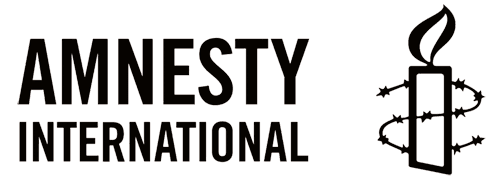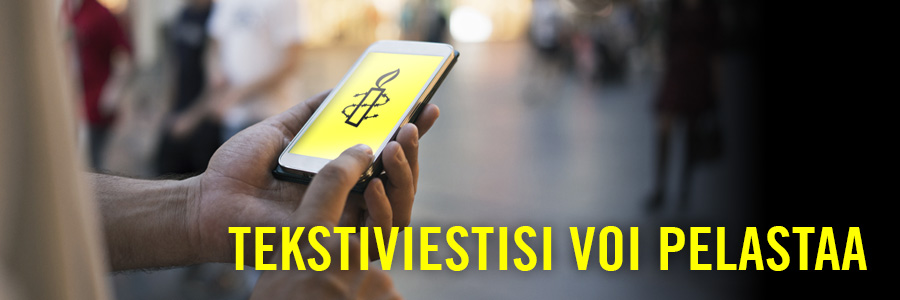Your Excellency,
I write to you to express my grave concern over the arbitrary arrest and detention of Tunisian lawyer Sonia Dahmani. Her arrest contravenes International Human Rights Law, including Articles 6 and 9 of the African Charter on Human and Peoples’ Rights and Articles 9 and 19 of the International Covenant on Civil and Political Rights to which Tunisia is a state party.
On 7 May 2024, Sonia Dahmani made public critical comments of the migration situation in Tunisia during a TV show. She said: “What extraordinary country are we talking about? The one that half of young people want to leave?” On 9 May, she announced that she had been summoned by an investigative judge. She is being investigated under Article 24 Decree-Law 54 which mandates five years in jail and a fine of 50,000 Dinars (around 16,000 USD) for using telecommunications networks to produce, send, or disseminate “fake news,” “false data,” “false rumours,” or “fake, falsified, or falsely attributed documents” to harm, defame, or incite violence against others, or to undermine public safety or national defence, spread fear, or incite hatred. The penalties are doubled if the victim is a public official.
On 10 May, Sonia Dahmani refused to attend her hearing before the investigative judge since she had not been informed of the reason for her summons and requested to postpone it. The investigative judge refused and issued a warrant ordering her arrest. On 11 May, security forces raided the Tunisian Bar Association’s offices, and violently arrested Sonia Dahmani.
I urge you to ensure the immediate and unconditional release of Sonia Dahmani and that the baseless criminal investigation against her is dropped. Moreover, I call on you and your government to cease the targeted arrests of critics for the peaceful exercise of their human rights including the rights to freedom of expression, peaceful assembly and association.
Taustatietoa
Sonia Dahmani is a Tunisian lawyer and prominent media personality who frequently appears on radio and TV shows such as “Emission Impossible” on IFM Radio and “Denya Zida” on Carthage+. Sonia Dahmani is also facing investigation in two other separate cases for public comments critical of the authorities. In November 2023, she was summoned by an investigative judge following a complaint on the basis of Article 24 of Decree-Law 54 raised by the General Directorate of Prisons after she made critical remarks about detention conditions in prisons during a radio show. In a separate case, she was summoned by an investigative judge in January 2024 following a complaint raised by Minister of Justice Laila Jaffel.
Following Sonia Dahmani’s arrest on 11 May, two journalists who appeared on the same radio show with her were also arrested. They are also facing investigation over public critical remarks against the authorities and an investigative judge ordered their pretrial detention. On 13 May, the legal representatives of two private radio stations and one TV channel, namely IFM, Diwan FM and Carthage+ were all summoned by judicial authorities for questioning and according to their lawyers were asked about the work of their journalists and other general questions.
Following Sonia Dahmani’s arrest, the National Order of Lawyers (ONAT) announced a strike on 13 May to protest against the arbitrary arrest of their colleague. The French authorities and the European Union have already expressed their concerns regarding the latest wave of arrests targeting members of civil society organizations and journalists, including Sonia Dahmani.
Since the promulgation of Decree-Law 54 on 13 September 2022, authorities have ramped up their targeting of individuals exercising their right to freedom of expression, making frequent use of the new draconian cybercrimes law. At least 22 individuals, including lawyers, journalists, bloggers and political activists, were summoned for questioning, prosecuted or sentenced in relation to public comments perceived as critical of the authorities, including at least 13 on the basis of the cybercrime law and in most cases following governmental complaints.
Decree-Law 54 contravenes human rights treaties including the provisions of the African Charter on Human and Peoples’ Rights and the International Covenant on Civil and Political Rights to which Tunisia is a state party. Both Article 9 of the Charter and Article 19 of the Covenant guarantee the right to freedom of expression. Restrictions on the right based on ambiguous, overly broad terms such as “fake news” and other repressive provisions of the cybercrime law fail to meet the requirements of legality, necessity and proportionality.
Since his power grab on 25 July 2021, President Saied has claimed emergency powers, claiming these were granted to him by Tunisia’s 2014 Constitution. Since February 2023, the human rights situation in Tunisia has been rapidly deteriorating as several opposition figures, dissidents, perceived enemies of the president and critics of the government have been targeted and harassed. The crackdown on opposition and critics is a flagrant attack on the rule of law and human rights including the rights to freedom of expression, association and peaceful assembly in Tunisia, rights protected under Articles 19, 21 and 22 of the International Covenant on Civil and Political Rights and Articles 9, 10 and 11 of the African Charter on Human and Peoples’ Rights.


